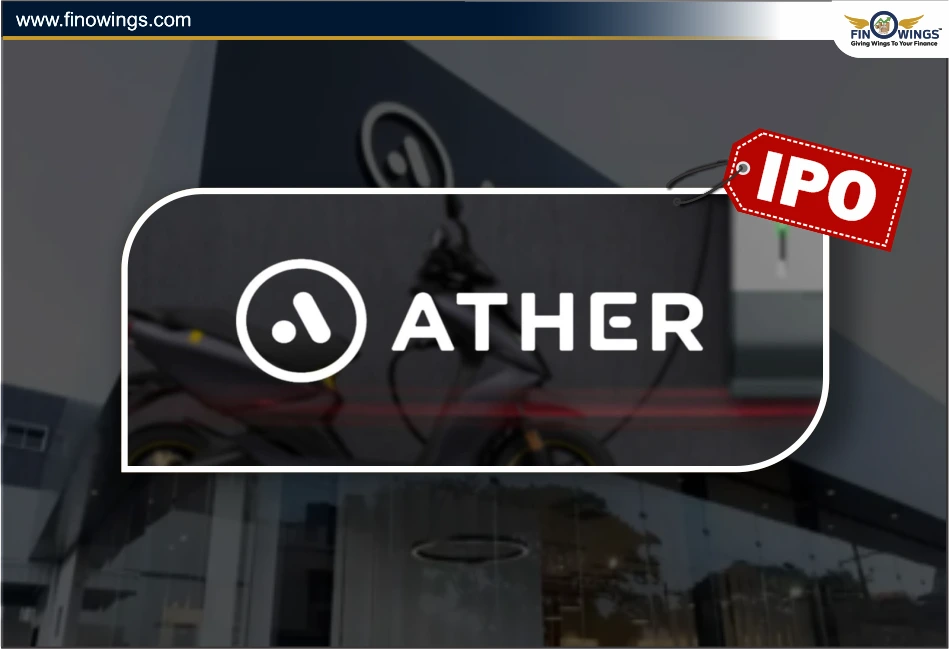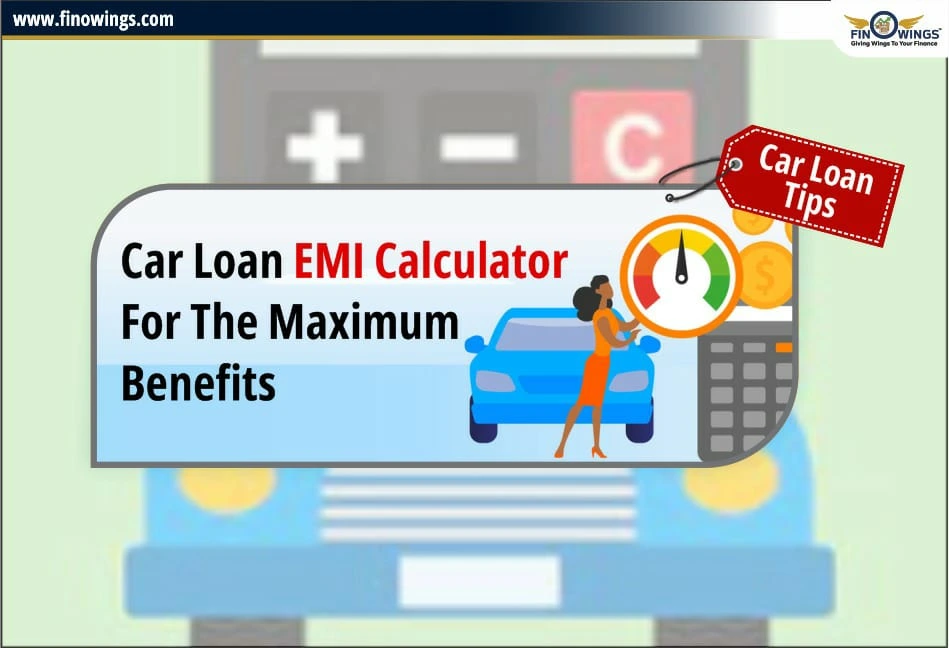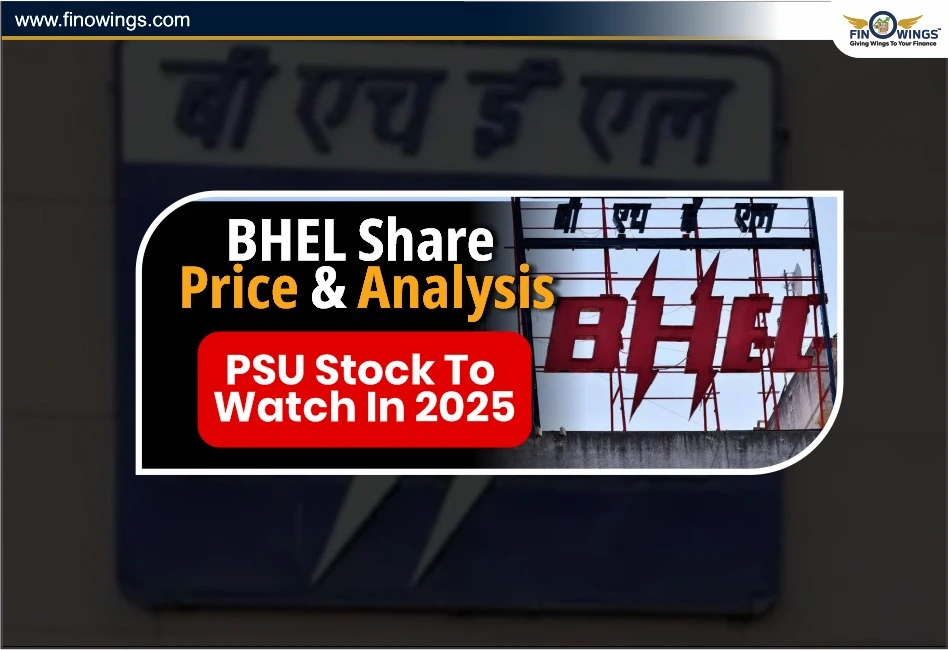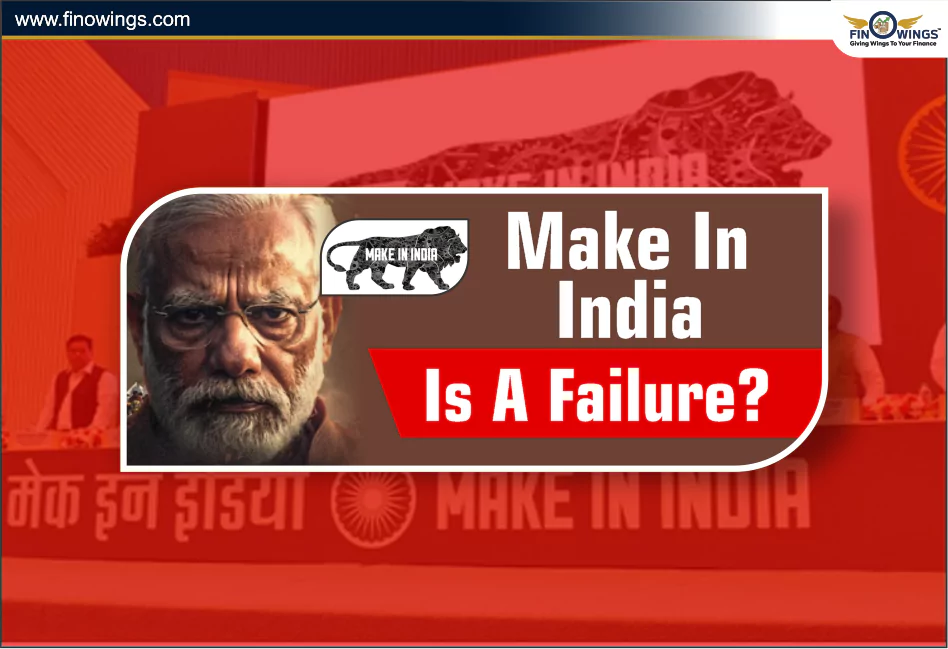Home >> Blog >> TATA Motors demerger: Commercial & Passenger Vehicle Business
TATA Motors demerger: Commercial & Passenger Vehicle Business
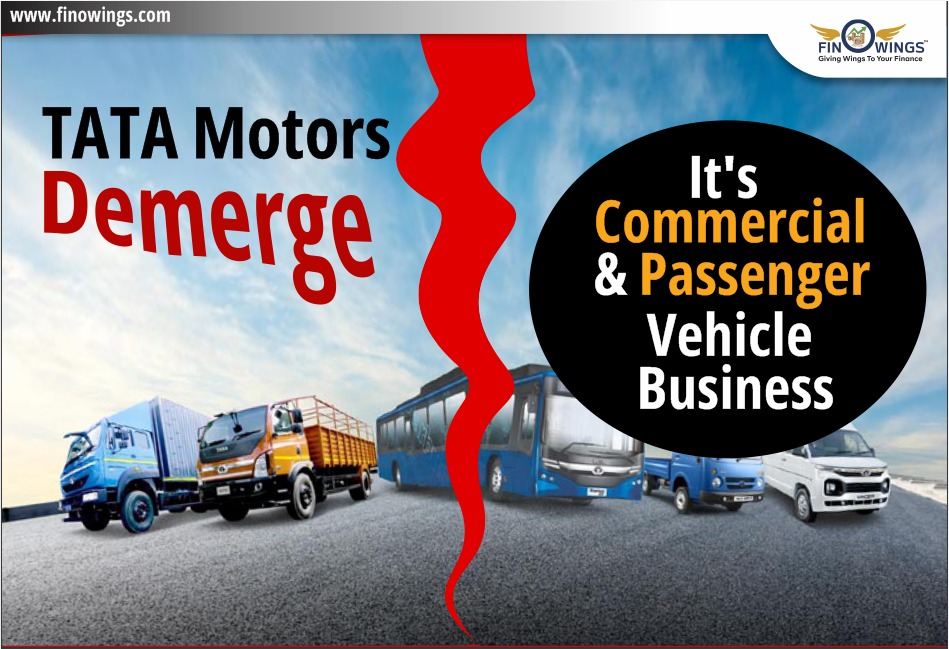
Table of Contents
Tata Motors Announces Demerger
Tata Motors Limited (TML), a global automotive powerhouse, has unveiled a transformative step in its corporate structure, with the approval of a demerger proposal by its Board of Directors. This strategic move entails splitting Tata Motors Ltd into two distinct listed entities, each dedicated to specific automotive segments, in a bid to enhance focus, agility, and growth prospects.
The demerger plan delineates two separate entities:
A) Commercial Vehicles Business:
This entity will house Tata Motors' robust Commercial Vehicles (CV) business along with its related investments. Over the past years, Tata Motors' CV business has showcased resilience and innovation, consistently meeting market demands under its dedicated leadership.
B) Passenger Vehicles Business:
The second entity will comprise Tata Motors' Passenger Vehicles (PV) business, encompassing both traditional PVs and the burgeoning Electric Vehicles (EV) segment. This entity will also include Jaguar Land Rover (JLR) and its associated investments. Under independent leadership since 2021, Tata Motors' PV and EV businesses have flourished, adapting swiftly to evolving market dynamics.
The demerger, set to be executed through an NCLT scheme of arrangement, ensures that all shareholders of Tata Motors will retain identical shareholdings in both listed entities. This move not only reinforces accountability within each business segment but also provides a platform for tailored strategies aimed at unlocking higher growth potentials.
N Chandrasekaran, Chairman of Tata Motors, expressed confidence in the strategic demerger, emphasizing its role in enhancing market responsiveness and shareholder value. He stated, "Tata Motors has scripted a strong turnaround in the last few years. The demerger will help them better capitalize on the opportunities provided by the market by enhancing their focus and agility."
Moreover, the demerger is positioned as a logical progression from the earlier subsidiarization of PV and EV businesses in 2022. It is expected to empower the respective entities to pursue specialized strategies, particularly in areas of shared synergy such as EVs, autonomous vehicles, and vehicle software.
While the demerger process is anticipated to take 12-15 months, subject to necessary approvals from shareholders, creditors, and regulatory bodies, Tata Motors assures stakeholders that it will have no adverse impact on employees, customers, or business partners. Instead, it is poised to usher in a new era of enhanced efficiency, innovation, and customer-centricity across both entities.
Conclusion of this TATA Motors Demerger
Tata Motors' decision to demerge represents a strategic maneuver aimed at streamlining operations, fostering innovation, and capitalizing on emerging market opportunities. As the automotive landscape continues to evolve, this bold step reaffirms Tata Motors' commitment to driving sustainable growth and delivering superior value to all stakeholders.
Frequently Asked Questions
The demerger will create two separate listed entities:
- A company focused on the Commercial Vehicles (CV) business and its investments.
- A company focused on the Passenger Vehicles (PV) business, including Electric Vehicles (EVs), Jaguar Land Rover (JLR), and related investments.
No. The demerger plan ensures that all existing Tata Motors shareholders will retain identical shareholdings in both the newly formed companies.
Tata Motors expects the demerger to bring several benefits:
- Enhanced focus and agility for each business segment.
- Unlocking higher growth potential for both CV and PV/EV/JLR businesses.
- Improved decision-making and accountability within each entity.
5 Trending FAQs about Tata Motors Demerger:
- What are the two new companies being formed from the Tata Motors demerger?
The demerger will create two separate listed entities:
- A company focused on the Commercial Vehicles (CV) business and its investments.
- A company focused on the Passenger Vehicles (PV) business, including Electric Vehicles (EVs), Jaguar Land Rover (JLR), and related investments.
- Will existing Tata Motors shareholders be affected?
No. The demerger plan ensures that all existing Tata Motors shareholders will retain identical shareholdings in both the newly formed companies.
- What are the expected benefits of the demerger?
Tata Motors expects the demerger to bring several benefits:
- Enhanced focus and agility for each business segment.
- Unlocking higher growth potential for both CV and PV/EV/JLR businesses.
- Improved decision-making and accountability within each entity.
- How will the demerger impact employees, customers, and partners?
Tata Motors assures stakeholders that the demerger will have no negative impact on employees, customers, or business partners.
The demerger process is expected to take 12-15 months, subject to necessary approvals from shareholders, creditors, and regulatory bodies.






